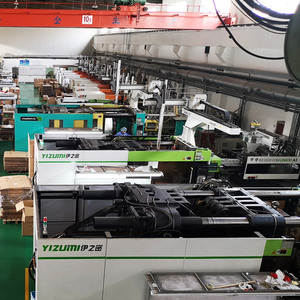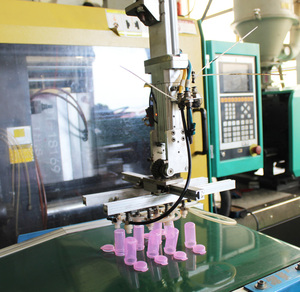BMC SMC Molding: An Overview
BMC (Bulk Molding Compound) and SMC (Sheet Molding Compound) molding are two revolutionary techniques widely used in the manufacturing industry. Both molding processes involve thermosetting plastics and are highly valued for their efficiency, versatility, and environmental benefits. These materials are processed into complex shapes and parts, providing remarkable durability and resistance to various conditions. Industries like automotive, electrical, aerospace, and construction rely on BMC and SMC molding due to their unique characteristics and superior performance.
Types of BMC SMC Molding
BMC and SMC molding can be divided into several types, each suited for specific applications and industries. The distinctive classes include:
- BMC Molding: Primarily suited for smaller, intricate parts, commonly used in the electrical sector for components like switchgear and insulators.
- SMC Molding: Ideal for larger, flat components, often utilized in parts such as electrical enclosures, automotive body panels, and infrastructure applications.
- Hybrid Molding: Combines the advantages of BMC and SMC molds to produce items that require unique properties or complex shapes.
- Custom Molding: Tailored molds developed for specific clients’ needs, bolstered by innovative designs and flexibility in production.
Applications of BMC SMC Molding
The applications of BMC and SMC molding are expansive, underscoring their versatility in various sectors. Here are some key applications:
- Automotive Industry: Used for components such as bumpers, dashboards, and housings that require lightweight yet strong materials.
- Electronics: Essential for producing insulators, circuit boards, and housing for electronic devices, capitalizing on their heat-resisting capabilities.
- Aerospace: Employed in fixtures, housings, and control systems where high strength-to-weight ratios are crucial.
- Construction: Beneficial for roofing, panels, and interior applications where durability and aesthetics are equally important.
Advantages of BMC SMC Molding
When utilizing BMC and SMC molding techniques, manufacturers and consumers can enjoy numerous benefits that set them apart from traditional molding methods. Key advantages include:
- Excellent Strength-to-Weight Ratio: Both BMC and SMC compounds provide high strength while being lightweight, making them ideal for many applications.
- Corrosion Resistance: These materials resist rust, tarnishing, and degradation, ensuring longevity in various environmental conditions.
- Thermal Stability: Withstanding thermal extremes makes these materials suitable for applications in high-heat environments.
- Design Flexibility: BMC and SMC molding allow for complex shapes and designs, empowering manufacturers to innovate without limitations.
- Environmental Benefits: Utilizing recyclable materials in compound composition promotes sustainability and reduces the carbon footprint.





















































